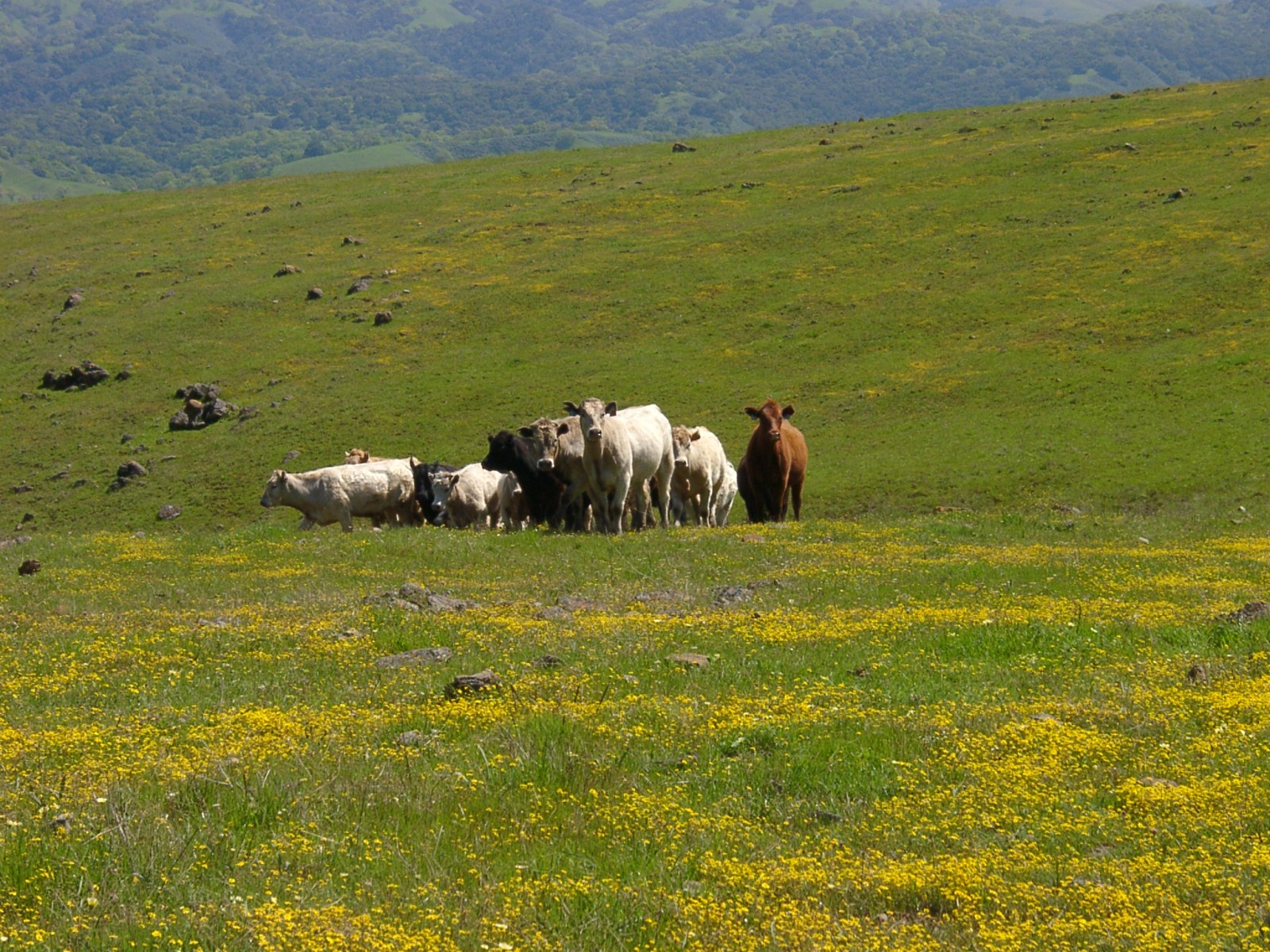A project in West Marin shows how ranchers, and a whole lot of compost, can help mitigate climate change.
-150x150.jpg)
Sign up for our free weekly newsletter and understand everything better!

-150x150.jpg)
A project in West Marin shows how ranchers, and a whole lot of compost, can help mitigate climate change.
-150x150.jpg)
After a decade of stalled efforts and 18 months of negotiations, students at Drakes High School in San Anselmo installed a large school garden that will be used by several special programs at the public high school.
-150x150.jpg)
A group of renegade agricultural activists is challenging the notion that nothing comes for free by grafting fruit-bearing branches onto trees lining city streets.Over the past year, the Guerrilla Grafters – a diverse group of volunteers who started in San Francisco – has been splicing fruit-bearing branches onto ornamental fruit trees around the city in an effort to grow apples, cherries, pears, and other fresh produce that urban residence can enjoy for free.
-150x150.jpg)
Whether you’re looking for lessons in seed saving or hikes in nature, you’ll find them in the hills above Los Altos at Hidden Villa, which was home to the region’s first youth hostel and interracial summer camp.
-150x150.jpg)
Proponents of the Yolo Bypass Floodplain Fishery Enhancement Project are starting small but thinking big. During the first year of the pilot project, scientists will test whether raising juvenile chinook salmon on flooded rice fields in the Yolo Bypass will help the fish get stronger and bigger before being flushed down to San Francisco Bay and out to the Pacific.
-150x150.jpg)
Artist Jack Laws headed out for some great birdwatching among the rice fields of the Sacramento Valley — and you can too!
-150x150.jpg)
A Petaluma farm is adapting the methods of farming popularized in The Omnivore’s Dilemma to the West Coast climate. The animals work all year round, preparing the soil in the fields for the spring planting.
-150x150.jpg)
Panelists at a sold-out forum on November 16 talked about their farming and farm-education enterprises on the San Mateo Coast, San Francisco, West Marin, and Santa Rosa. From food sovereignty to occupying your foodshed, check out the highlights.
-150x150.jpg)
Urban Adamah is a one-acre farm and Jewish environmental education center that recently opened in West Berkeley, just a stone’s throw from Interstate 80. Named for the Hebrew word for “earth,” Urban Adamah provides local food banks and community organizations with fresh produce while accommodating 500 visitors a month.
-150x150.jpg)
Even though foodie culture is an ever-growing phenomenon in the Bay Area, it’s still surprising to many that nearly half the land in our region is dedicated to ranching or farming.